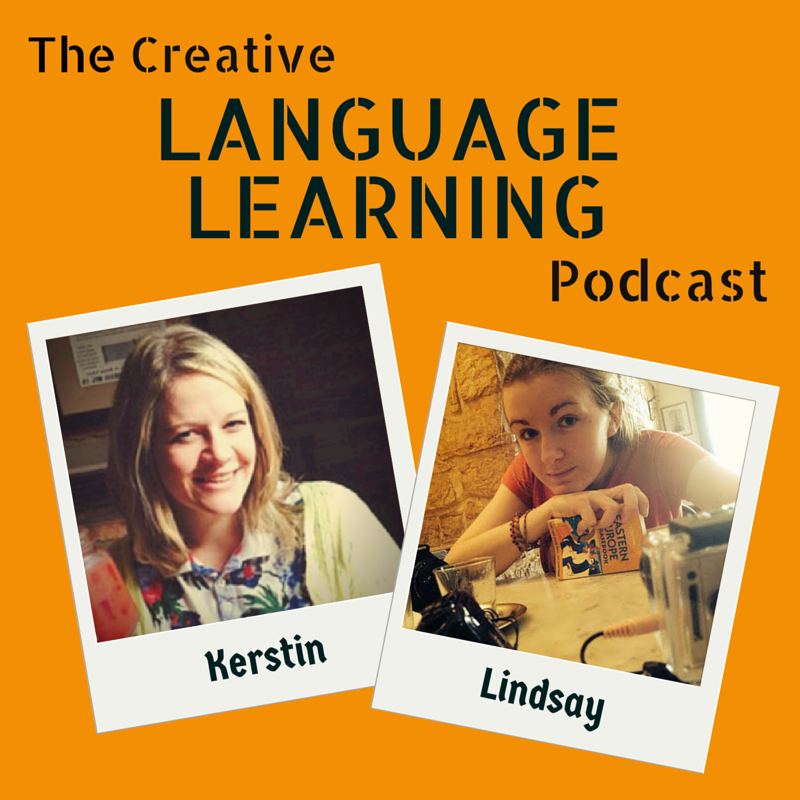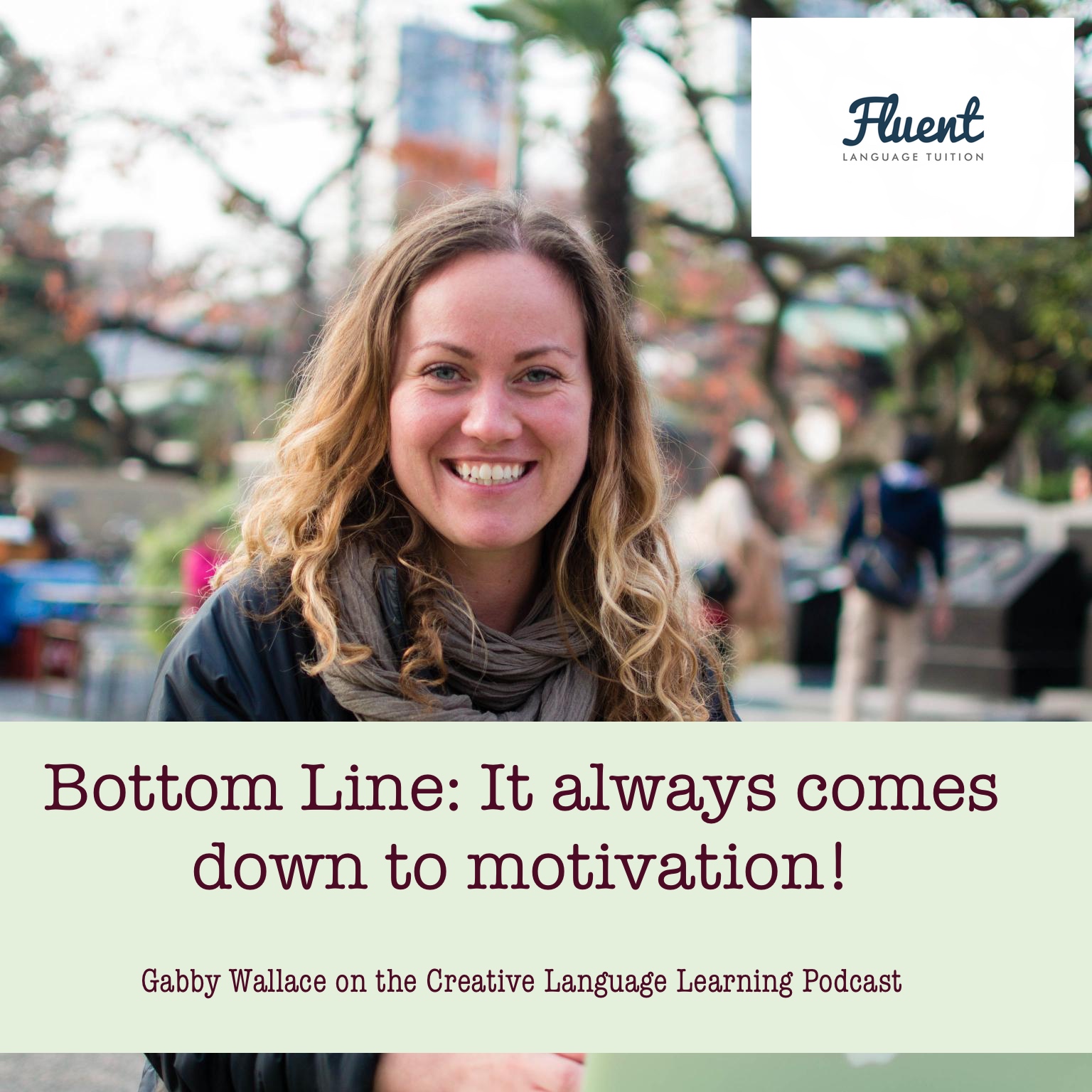And then an article comes along and tells you to “speak more”, so you pack your motivation and get yourself that language exchange partner, you open your mouth and …. nothing. Where the HECK are all those new words, please?
Like you, I totally know the feeling of wanting to just open your mouth and speak. I see it in my students on a regular basis. I can feel it when I try to have a French conversation. Why is it so frustrating?
For me, the heart of the problem lies in the nature of the skills you have been training. There are output and input activities. And within those, thee four core language skills of listening, speaking, reading and writing. All languages are systems of communication, so they require you to be able to both understand and produce comprehensible things. Balance really matters, and if you are on chapter 15 of your Assimil, but you can’t talk at chapter 3 level, you need to go back to the core language skills and start pushing yourself to go from input to output.
Core Language Skills to the Rescue
Luckily, this isn’t quite as tough as it seems. In my book Fluency Made Achievable, you can find lots of easy exercises for training the specific skills of writing and speaking. And here are three ideas you can use in your language learning routine to focus on boosting your output. If you have to cut some of your study time away from the input-focused tasks through this, don’t hesitate to do so. The aim of incorporating output into your language learning is not to make you better at producing language right away, but instead to give you that core skills balance. You will find that you become a better and more confident speaker through this, and that you’ll start approaching that desirable feeling of fluency and confidence.
1. Reply Back
This exercise is for all those learners who spend hours with foreign language podcasts and TV shows. It cuts right through all those excuses and attention drifts that are holding you back. Whenever you are listening to those recordings, get into a routine of stopping what you are listening to every five minutes. Think about whatever the actors were talking about and imagine you are being interviewed about the same topic. If you are watching a drama, imagine you are part of the action. What would you say? What do you think about these facts?
Don’t just imagine what you would say, but reply back to the video, talk to the actors or the imaginary interviewer in your head. Speak out loud, like no one is around you. This exercise is so perfect for being in the car or studying at home. Not only does it force you to say something, but it also prevents you from tuning out. If you force yourself to think about what was discussed and reply back, you are also forced to listen attentively and make sure you really understand. No more hiding.
If you’re interested in a great tool deeply understanding native language content, check out Yabla, a fabulous tool that goes so much further than your average YouTube channel.
2. Describe Your World
Here is a quote from Fluency Made Achievable, in which I interviewed language learner David Mansaray about his favourite practices in learning a foreign language:
I like to describe the world around me in a the foreign language. For example: ”The boy is wearing a hat”, or ”The woman is pushing a pram”, or ”The people around me are boring so I'd rather think in my head in a foreign language”. I can do this exercise anywhere at any time. It not only helps me practice, but it also helps me to discover vocabulary and grammatical structures I need to work on. I make a note of these in a small notebook I always carry with me and work on them later.
No matter if you are recording a voice memo on your phone or jotting sentences down in a notebook like David does, the key is that you are using your language in the context that works for you. You can go from foreign language shopping lists to describing an everyday scene in great detail. The key is that you maintain active use and produce something in a foreign language on a regular basis. This exercise is also particularly great because it builds habits very easily, which can make a huge difference when you start coming out of the first honeymoon phase.
3. Write Short Lines Every Day
There is a reason I keep making my students aware of the need to write as part of their language practice. Writing forces you into paying attention. When you try to write something on your phone, you miss what's on the TV. When you try to tweet while talking to someone, it comes out as nonsense. Writing has this way of being an activity that tells you "HEY! Look here! This is where you focus now". I often talk about how much I find that this practice is underrated, and it is the quietest core language skill. If speaking a foreign language appealed to you because you are an introvert, or dreaming of overcoming shyness, then you may not be willing to spend hours crafting short stories.
Nonetheless, you should put your mind to short and regular writing practice. A line a day is easily written, takes up five minutes of your time and STILL does more for you than half an hour of podcasts can. If you work with a tutor, why not email or text them in your target language from time to time?
Or alternatively, start out translating one line from your native language every single day. Over time, you will feel this huge sense of achievement as you realise you have written thousands of words in your foreign language. Behold the achievement when it happens, congratulate yourself on your progress and make sure you get this proofread.
Remember Balance
Nothing is as frustrating as feeling you are working hard and making no progress at all, and understanding the core language skills idea will help you propel forward your language learning progress. Getting stuck in a rut is not for you.
Here is the key: Maintain variety and keep doing the things you haven’t done.
It’s not about beating yourself up when you find that your writing skill doesn’t live up to your advanced reading routines. It’s about recognising that there’s a skill gap and getting to work. I promise you that you’ll find yourself getting better and boosting your confidence in a little matter of weeks. It’s incredible what a shake-up can do for language learners.
If you want to work through your own core language skills assessment, check out my book Fluency Made Achievable which is focused entirely on this system of four skills and contains a neat 3 week planner. It will help you build your proficiency and focus on strengthening the precise skills you need.







